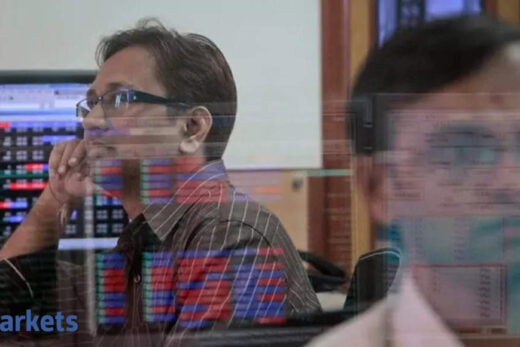The blue-chip CSI300 index was unchanged at 5,102.47, while the Shanghai Composite Index was also flat at 3,525.10.
But for the week, CSI300 slumped 2.3 per cent and SSEC lost 1.8 per cent, both posting their third week of losses in a row.
Shares in China’s new energy vehicle-related companies jumped, with the CSI new energy vehicles index ending up 4.6 per cent, helped by upbeat sales estimate.
China’s new energy vehicle (NEV) sales are expected to grow more than 40 per cent each year in the next five years, a senior official at the China Association of Automobile Manufacturers (CAAM) said.
Analysts and traders said lofty valuations of some high-flying sectors, including new energy, healthcare and consumer firms, became a focal point of concern for investors, given a lack of upside momentum.
Market participants were worried about an end to easy monetary policy as data pointed to a quick recovery in overseas economies, which could weigh on stocks with frothy valuations, said Hu Yunlong, a Beijing-based hedge fund manager.
The U.S. Federal Reserve on Wednesday began closing the door on its pandemic-driven monetary policy as officials projected an accelerated timetable for interest rate increases.
Adding to the pressure for the week were tensions between Beijing and the West.
China denounced on Monday a joint statement by the Group of Seven leaders that had scolded Beijing over a range of issues as a gross interference in the country’s internal affairs.
Bucking the broad weakness, tech stocks shined in the week on signs of more policy support from Beijing.
Shanghai’s tech-focused STAR50 index tracking the STAR Market added 1.4 per cent, posting its sixth weekly gains.



